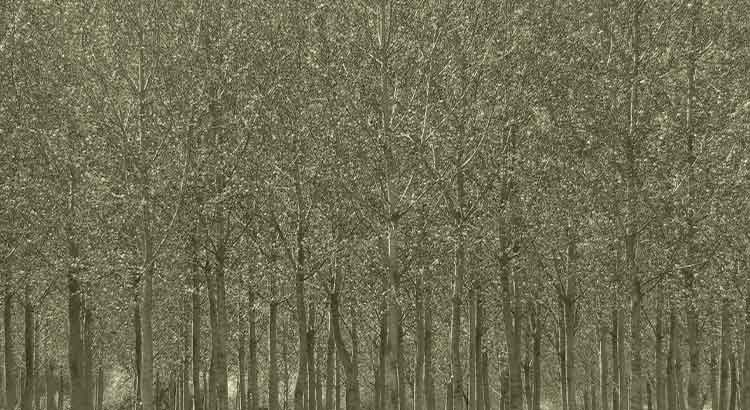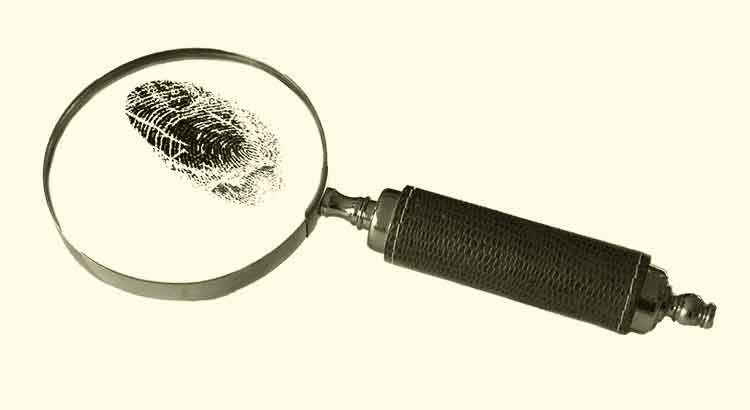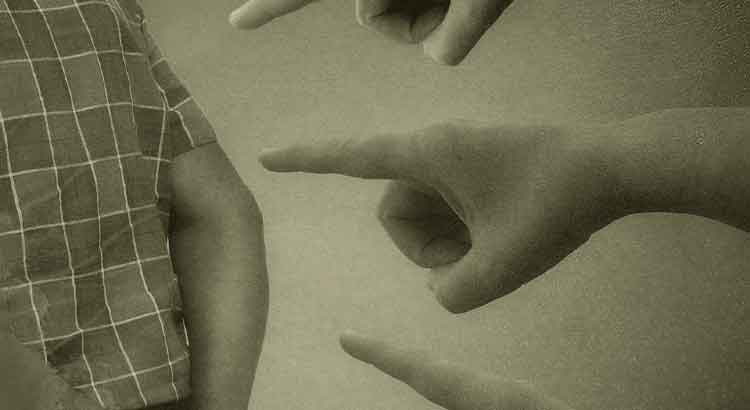Interesting how the duty of originality haunts the average writer. I mean, before he can express himself with sincerity and strength, he has to be original. But originality, unless the writer deliberately uses a ready-made formula, plagiarizes and refuses to think independently, comes naturally. First, because the psychological interpretations of the facts, the relationship locked between the individual and the surrounding reality are variable and almost unique. Second, because biographies are absolutely individual, that is: each writer has unique experiences to be transmitted to his art. So unless he intends to be someone other than himself, any half dozen sincere lines will make the writer always look original.
____________
Read more:



